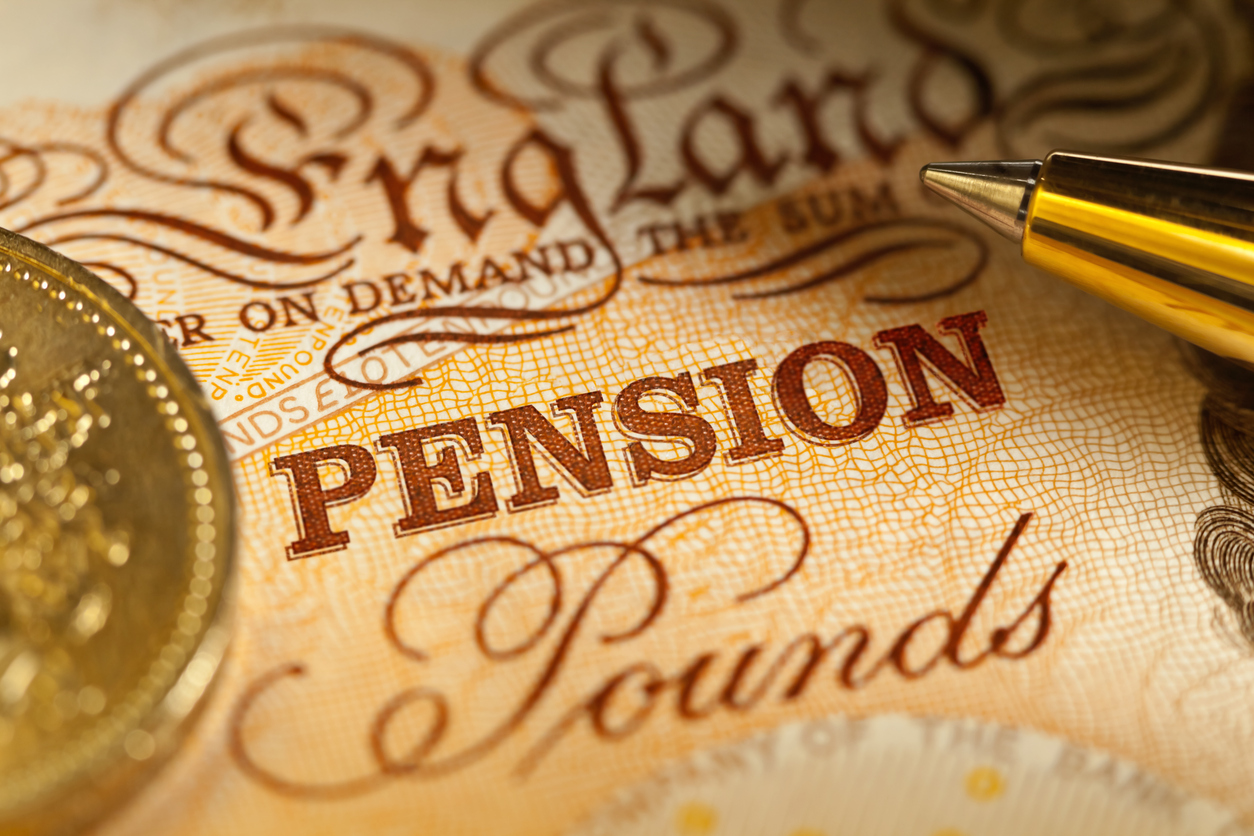Should State Pensions be Given for Wealthiest Brits?
The Organisation for Economic Cooperation and Development’s (OECD) deputy director of employment, labour and social affairs recently suggested that the highest 5-10% of United Kingdom earners should be eliminated pension distribution. Mark Pearson, an OECD senior member, said this would bring forth cash for those who are in need.
According to the Financial Times, he asserts that asset testing state pension entitlements would be one way to assist with an aging society which has great economic hardships.
At this time, proceeds of state pensions are not figured out based on wealth or assets. Instead, they are calculated based on the time an individual pays into the National Insurance.
As far as pension spending is considered, there are just more individuals coming along that are ageing to the point that they can lay claim to pensions. To a degree, less continue to work and, therefore, are not paying into the fund.
As Pearson questioned, “Faced with these pressures, are you going to ask people of working age to pay more, or people to work longer before they can claim their pension?”
But Pearson pointed out that there is yet a third possibility which would restructure the entitlements by handing down monies to “those who really need it, to ease the tyranny of the maths.
“Giving less to the people at the top,” he said, “would free up resources to increase general benefits.”
Pension spending accounts for approximately 40% welfare allocation for the government for each year. Any lowering of spending would allow providing more money for other services. Prime Minister Theresa May has been thought to planning reducing some spending on pensions in order to put additional monies into social care.
In relation to the entirety of the world, much less the rest of Europe, the UK has a state pension payouts. The basic state entitlement in the UK has an annual value of approximately £6,359 a year, with the new state pension lower.
Specifically, it was found in a 2015 study that the UK bests only other OECD and G20 countries Chile, South Africa, Indonesia, and Mexico when it comes to what a typical worker in the UK could expect to accrue in pension money; namely, a pension would be worth a bit over 38% of their prior salary. It goes up to 69.4% of wage workers on the lower end, although those earn just one-half of that which average earners make.
In France, for example, a typical worker and a low-end worker would get a pension worth 67.7% and 66.9%, respectively, of their former salary. In Austria, both are about 90%.
Pearson reiterated this, saying “the UK pension is pretty low.”
Pearson also suggested the present “triple lock” system should be eliminated. At this time, the pension allocated by the state is set up to go up each year according to inflation or by 2.5%, whichever is the higher.
He advocates, instead, a “double lock” set up which would remove that currently mandated 2.5% increase with the pension structure unfairly favoring pensioners over citizens.
Right in the middle of the action we see the pensions’ foremost on many minds as the general election approaches. Apparently, Prime Minister Theresa May is looking at the double lock with seriousness. The Labour Party, which indicates a firm commitment to the triple lock, said, per campaign chief Andrew Gwynn, “At today’s prime minister’s questions, Theresa May talked about the triple lock like it’s a thing of the past and, under the Conservatives, it risks being consigned to history.”
Baroness Ros Altmann, former pensions minister, believes in changing things because, as she said, “The triple lock has done its job…From an economic or social perspective, the 2.5% element never made any sense; it was arbitrary.”

